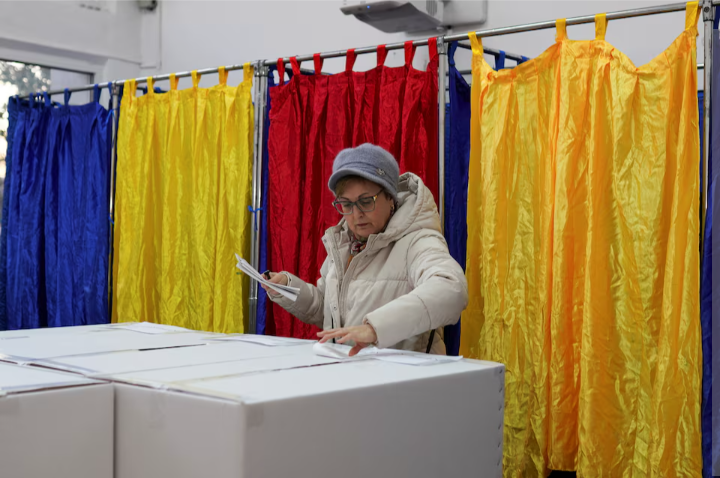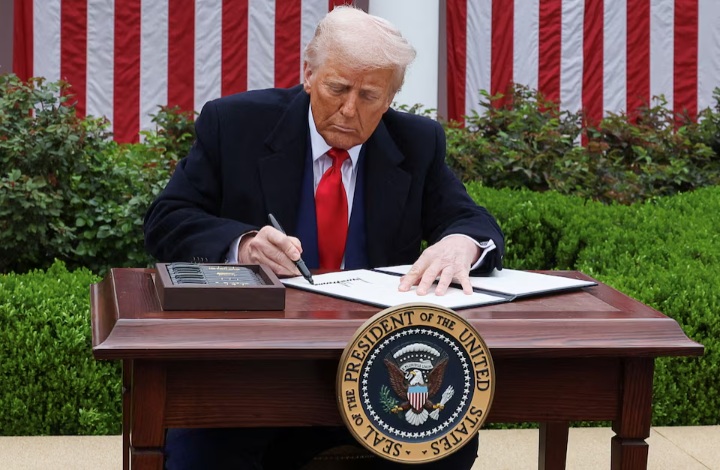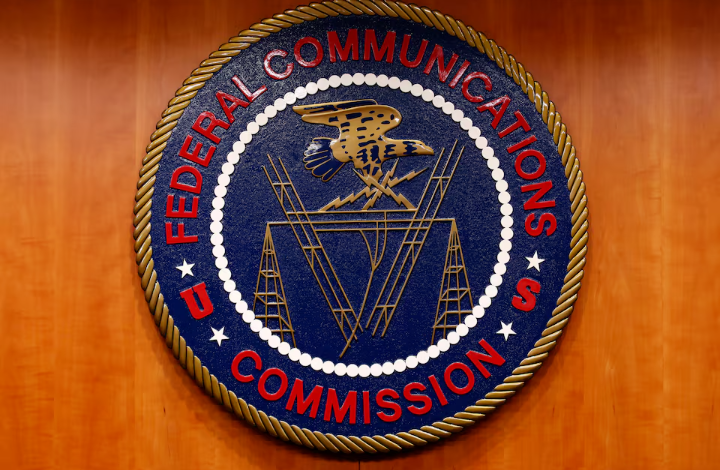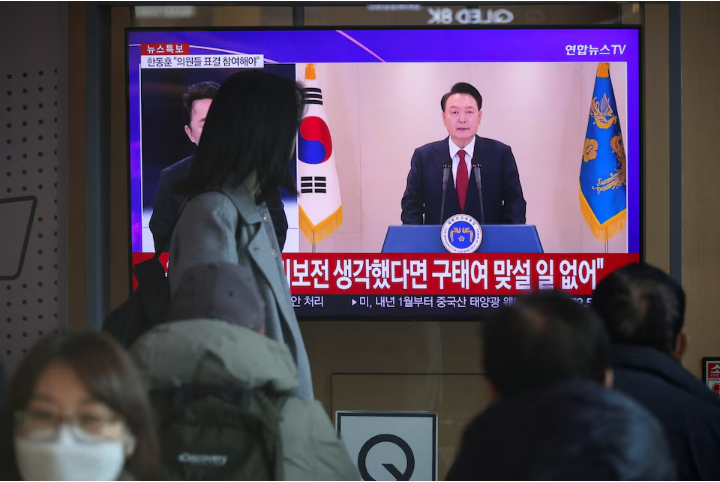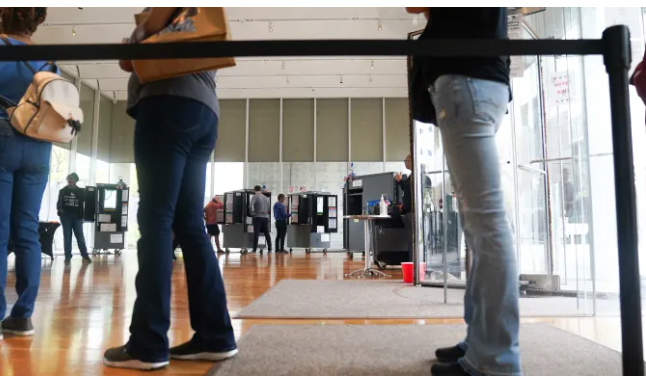Romanians began voting in the first round of their presidential election on Sunday, with key issues like high living costs and the nation’s stance on the Ukraine war dominating the political landscape. Leading the polls is Prime Minister Marcel Ciolacu, leader of the Social Democrats (PSD), with hard-right challenger George Simion of the Alliance for Uniting Romanians emerging as a strong contender. Early voting data showed about 20.7% of registered voters had cast their ballots by mid-morning, while Romanians abroad, known for influencing past results, began voting earlier on Friday.
Opinion polls suggest Ciolacu is likely to face Simion in the December 8 run-off, where analysts believe the incumbent will appeal to moderates and leverage his governance experience during the Ukraine war to secure victory. However, Simion’s popularity, particularly among voters abroad, adds unpredictability to the race. The potential run-off could also rally support for Elena Lasconi, leader of the centre-right Save Romania Union, currently in third place in opinion surveys.
Simion has framed his campaign as a fight against an entrenched political elite and foreign influence, offering a vision of economic nationalism and opposition to military aid for Ukraine. He supports a peace plan aligned with U.S. President-elect Donald Trump and has expressed admiration for Italy’s Giorgia Meloni. In contrast, Ciolacu’s coalition government has focused on social welfare, raising the minimum wage and pensions, though these measures have kept deficits high and inflation persistent.
Romania, an EU and NATO member, has been a critical ally for Ukraine, facilitating grain exports through its Black Sea ports and providing military aid. Nevertheless, concerns over poverty remain high, with Romania having the EU's largest share of citizens at risk of poverty. Voters like Valentin Ion, a 76-year-old retiree, have called for politicians to prioritize peace and economic relief for the disadvantaged.
This election, marked by a fragmented political landscape, has seen candidates campaign heavily on conservative themes, such as family values and nationalism. Outgoing President Klaus Iohannis, who fostered Romania’s pro-Western stance, has faced criticism for insufficient progress in tackling corruption. The eventual winner will take on a semi-executive role, including overseeing the military and guiding Romania’s direction on both domestic and international fronts.

